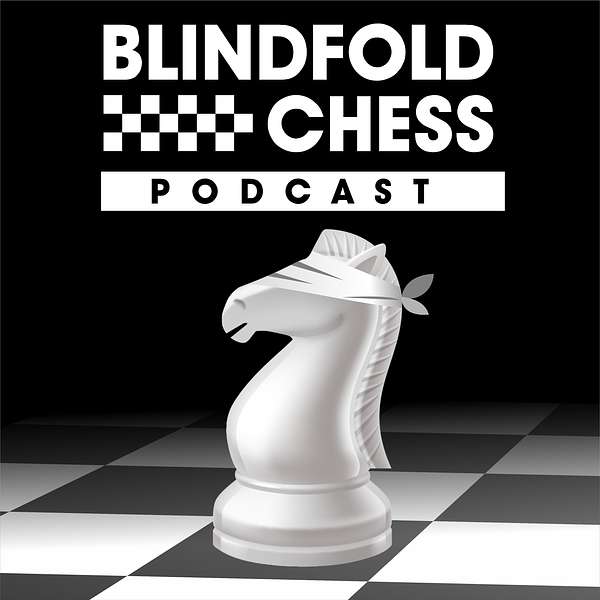
Blindfold Chess Podcast
Blindfold Chess Podcast
S2 E9 R. Byrne v Bobby Fischer (1963)
Robert James Fischer, also known as Bobby Fischer, was an American chess player who is widely considered one of the greatest chess players of all time. Born in Chicago on March 9, 1943, he learned how to play chess at the age of six, and quickly demonstrated exceptional talent for the game.
Fischer began playing in competitive chess tournaments at the age of eight, and by the age of 13, he had become the youngest player to win the United States Junior Chess Championship. In 1958, at the age of 15, Fischer won his first United States Championship, and he went on to win the tournament a total of eight times in his career by at least 1 point (all of this happening between the ages of 14 to 23). This included between 1963 and 1964, he completed a feat that no one has replicated - getting a perfect score in the US Championship with 11 wins, no losses, and no draws.
In 1960, at the age of 17, Fischer became the youngest player ever to represent the United States in the Chess Olympiad. He won the gold medal for his performance in that tournament. He went on to represent the United States in the Olympiad a total of eight times in his career, winning a total of four gold medals, one silver medal, and one bronze medal.
Fischer's first major international tournament success came in 1963, when he won the Interzonal Tournament in Yugoslavia with a score of 17.5 out of 22. This victory qualified him for the Candidates Tournament, which he won in 1971, earning him the right to challenge Boris Spassky for the World Chess Championship.
The 1972 World Chess Championship, held in Reykjavik, Iceland, was one of the most famous chess matches in history. Fischer threatened to not play, but eventually agreed to compete. After losing the first game and forfeiting the 2nd game, Fischer won the third game and then proceeded to dominate the match winning 12 ½ to 8 ½.
Fischer's victory over Spassky made him the first American to officially win the World Chess Championship. His victory saw membership to US Chess double in 1972, peaking in 1974.
After his World Championship victory, he made demands to FIDE before the next Championship in 1975 that included -
- The match continues until one player wins 10 games
- There is no limit to the number of games played
- If there is a 9-9 tie, the champion retains his title
FIDE opted to not accept those demands and as a result, Fischer declined to play, forfeiting his title to Karpov. After that, Fischer dropped out of the spotlight for close to 20 years.
In addition to his World Chess Championship victory, Fischer won a number of other major international tournaments during his career. He won the United States Open Chess Championship four times, the Chess Olympiad four times, the Interzonal Tournament twice, and the Candidates Tournament once.
He understood the game at such a high level that many at the top level had a hard time keeping up. FIDE’s January 1972 rating list had Fischer’s rating at 2785, a full 115 points above 2nd place Spassky. For reference, 115 points below 2nd place Spassky’s rating of 2660 would put you 38 people lower to number 40 on the rating list.
In today’s game, we are looking at the game that won the Brilliancy Prize in the 1963/1964 US Championship.
Robert Byrne v. Bobby Fischer.
Now if we’re ready… let’s begin.
1.d4 Nf6 2.c4 g6 3.g3 c6 4.Bg2 d5 5.cxd5 cxd5 6.Nc3 Bg7 7.e3 O-O 8.Nge2 Nc6 9.O-O b6 10.b3 Ba6 11.Ba3 Re8 12.Qd 2e5 13.dxe5 Nxe5 14.Rfd1 Nd3 15.Qc2 Nxf2 16.Kxf2 Ng4+ 17.Kg1 Nxe3 18.Qd2 Nxg2!! 19.Kxg2 d4! 20.Nxd4 Bb7+ 21.Kf1 Qd7 22.Qf2 Qh3+ 23.Kg1 Re1+!! 24.Rxe1 Bxd4 0-1
